Yerba mate is the infusion known for its energizing properties and cultural significance, comes in two main varieties: organic and ordinary. While both offer the signature kick and earthy flavor that mate drinkers adore, the differences in how they’re grown and processed can have a big impact on your health, the environment, and even your taste buds.
Organic yerba mate is cultivated without synthetic pesticides, herbicides, or fertilizers. Often grown on small family farms or sustainable cooperatives, it reflects a commitment to purity, ecological balance, and ethical labor practices.
Why choose Organic?
|
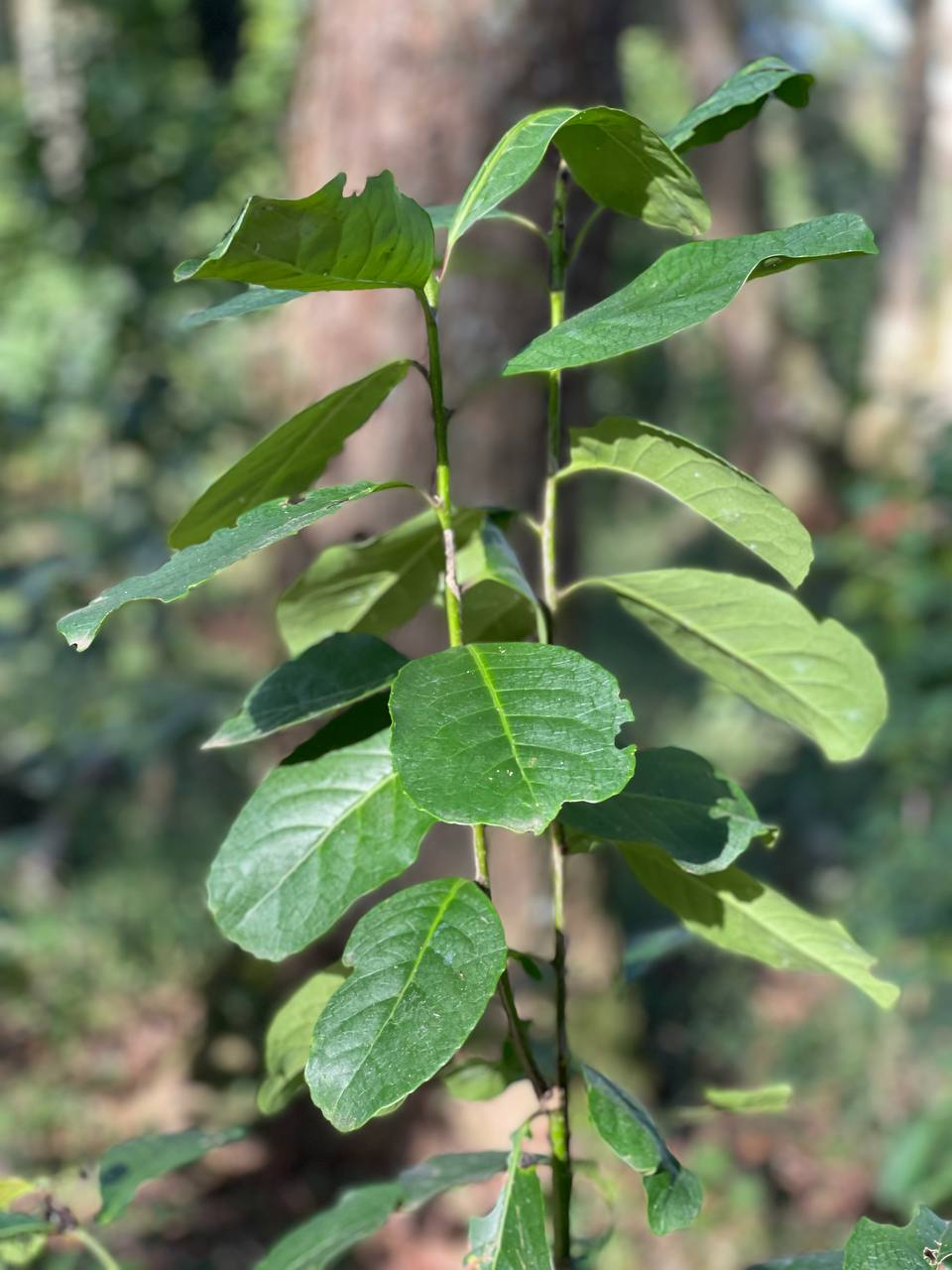 |
What about regular mate?
Conventional yerba mate is more widely available and typically less expensive. However, it’s often grown using synthetic chemicals and industrial farming techniques that may compromise both environmental and personal health. You need to take into consideration:
- Chemical exposure: May contain residues from pesticides and fertilizers.
- Environmental impact: Conventional farming can degrade soil and pollute water sources.
- Flavor profile: Smoke-drying methods used by some brands can impart a bitter or overly smoky taste.
Argentina, Paraguay, and Brazil each have systems to certify organic products, ensuring they meet strict environmental and health standards. These certifications exclude synthetic fertilizers and pesticides, promote sustainable farming practices, and emphasize transparency from production to sale.
Organic Certification in Argentina
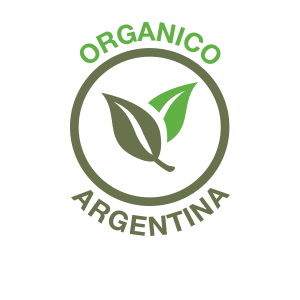 |
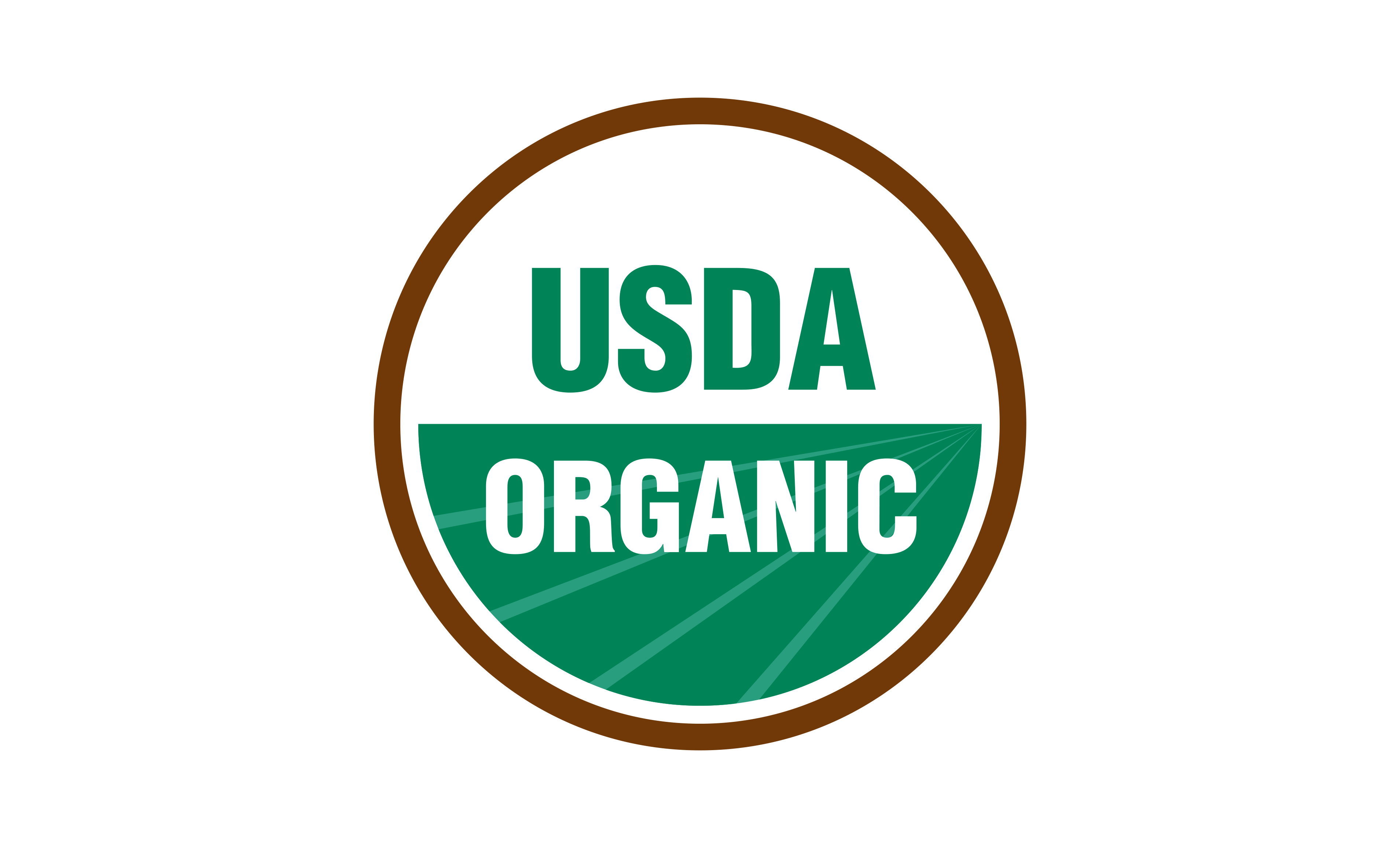 |
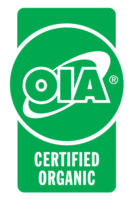 |
In Argentina, the Ministry of Agroindustry grants the “Argentina Organic” seal to products that minimize the use of non-renewable resources and do not use synthetic fertilizers and pesticides. At the same time, there are four certifiers authorized by Senasa, to carry out direct control: International Agricultural Organization (OIA), Argencert, Food Safety and Letis S.A. The process ensures:
- No Synthetic Chemicals: Complete exclusion of artificial pesticides and fertilizers.
- Sustainable Practices: Emphasis on soil health and biodiversity.
- Traceability: Transparent systems to track products from farm to consumer.
Argentinian Organic Yerba Mate
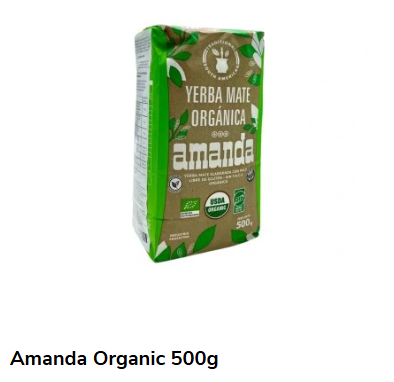 |
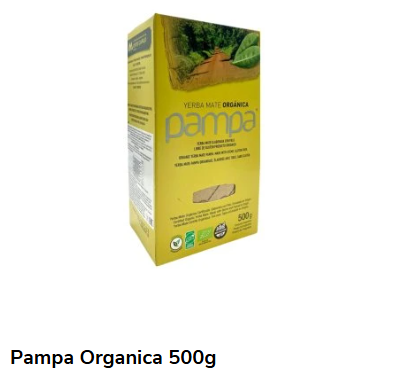 |
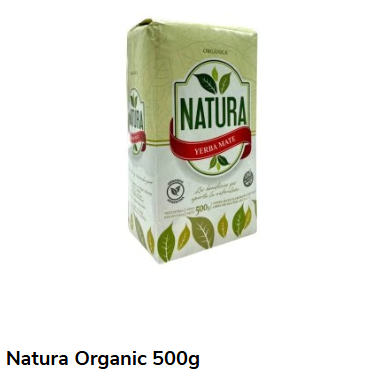 |
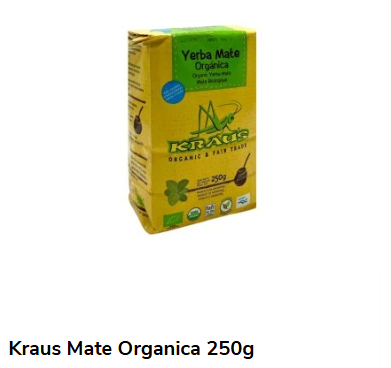 |
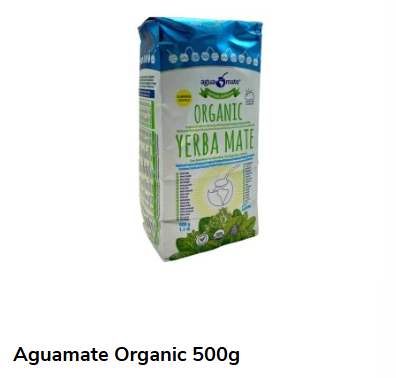 |
Throughout the process, from the plant to the shelf, the common denominator is the care and conservation of natural and environmental resources. Organic production in Argentina is regulated by Law 25,127, which includes a certification and control system for the producing fields and their environment.
Organic Certification in Paraguay
.png) |
.png) |
.png) |
When buying organic products, it’s important to know how to identify whether a product truly meets organic standards. Certified products carry a seal that indicates they have been verified by a recognized certifying body. This seal is mandatory for a product to be marketed as organic.
- Certified seal: Check that the packaging has the organic certification seal, such as USDA Organic (United States), EU Organic (European Union), or SENAVE (Paraguay).
- Informative labels: In addition to the seal, check the labels to ensure there are no non-organic ingredients or synthetic additives in the product.
Paraguayan Organic Yerba Mate
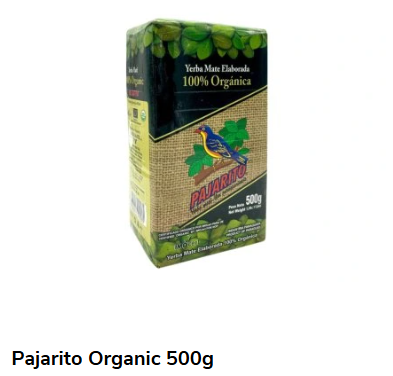 |
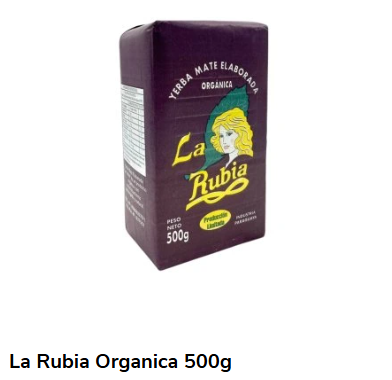 |
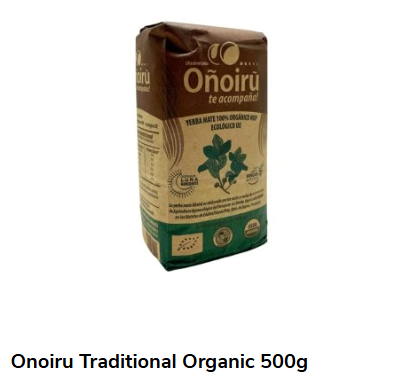 |
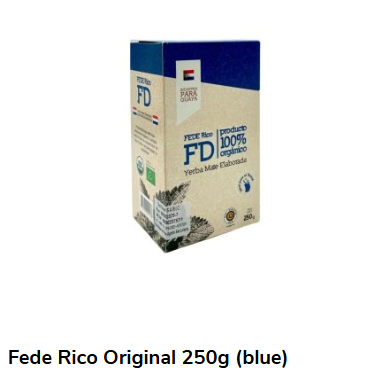 |
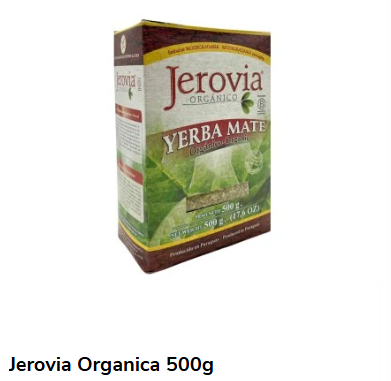 |
Organic Certification in Brazil
The BR BIO 154 Certification is a quality and compliance with organic standards established in Brazil seal. Issued by the MAPA, this certification attests that an agricultural product was produced according to the principles of organic agriculture, respecting criteria such as the use of sustainable practices, the absence of synthetic pesticides and the preservation of the environment.
 |
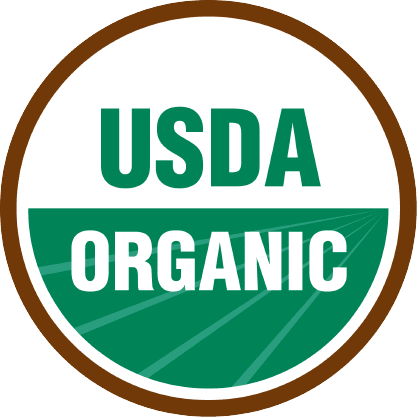 |
To obtain the BR BIO 154 certification, producers and companies must go through rigorous audits and demonstrate that they comply with the regulations established for organic production. This certification is importante for farmers, who add value to their products, and for consumers, having the guarantee that they are buying food produced in a healthier and more ecologically responsible way. Besides, it contributes for the sustainable development of Brazil´s agriculture and promotes the preservation of natural resources.
Brazilian Organic Yerba Mate
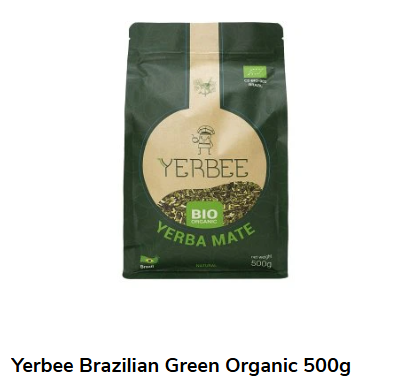 |
Organic yerba mate isn’t just cleaner - it may also be more nutritious. Naturally grown leaves tend to concentrate antioxidants, vitamins, and minerals, offering enhanced health benefits like improved immunity and detoxification. Choosing organic yerba mate is a vote for sustainability. Organic farming supports biodiversity, protects ecosystems, and promotes soil and water conservation. It also fosters ethical labor practices and empowers rural communities.
If you value health, environmental ethics, and flavor purity, organic yerba mate is a stellar choice. But if you’re just starting out or watching your budget, regular yerba mate still offers the energizing kick and cultural richness that makes this drink so beloved.
